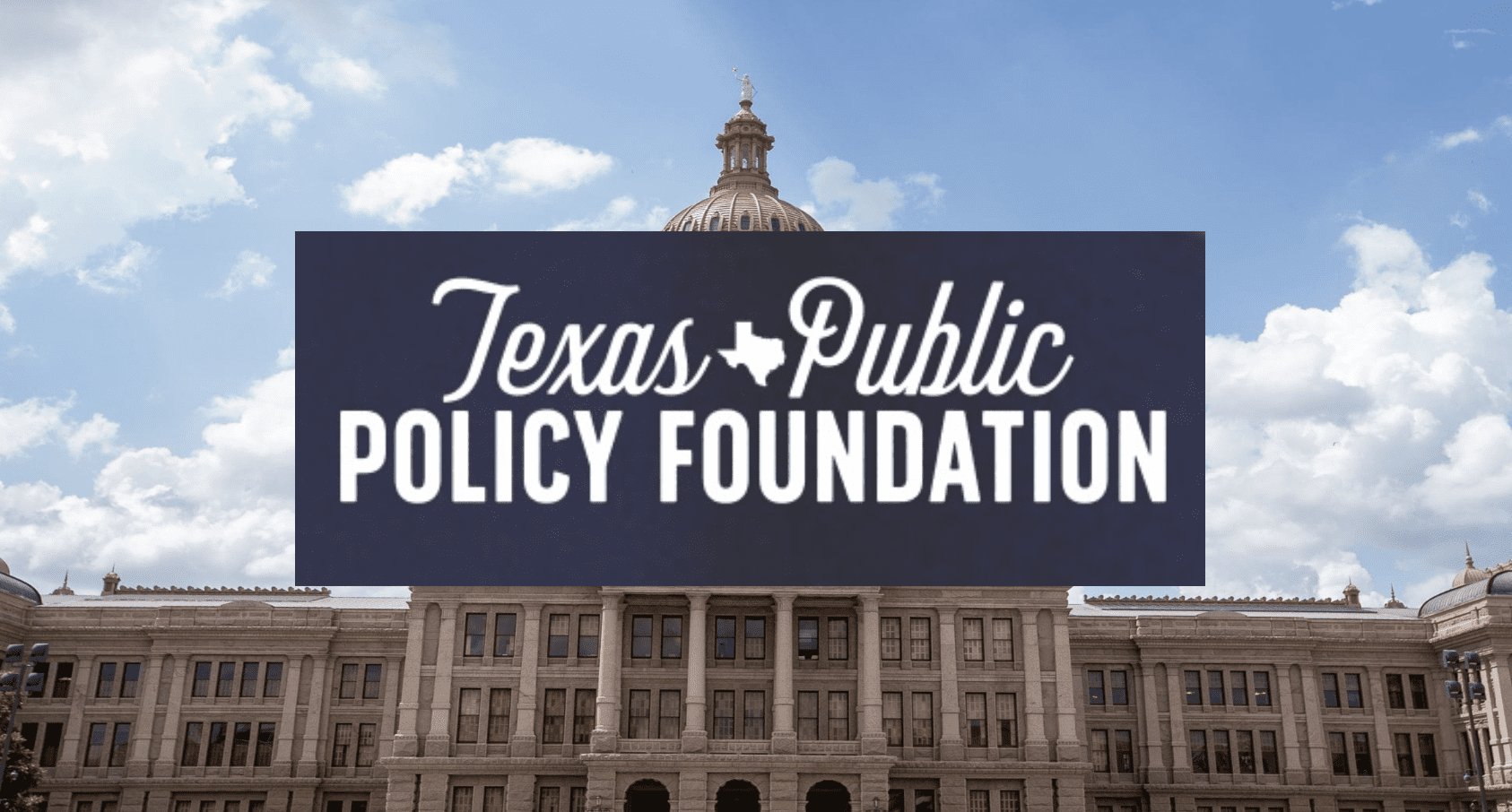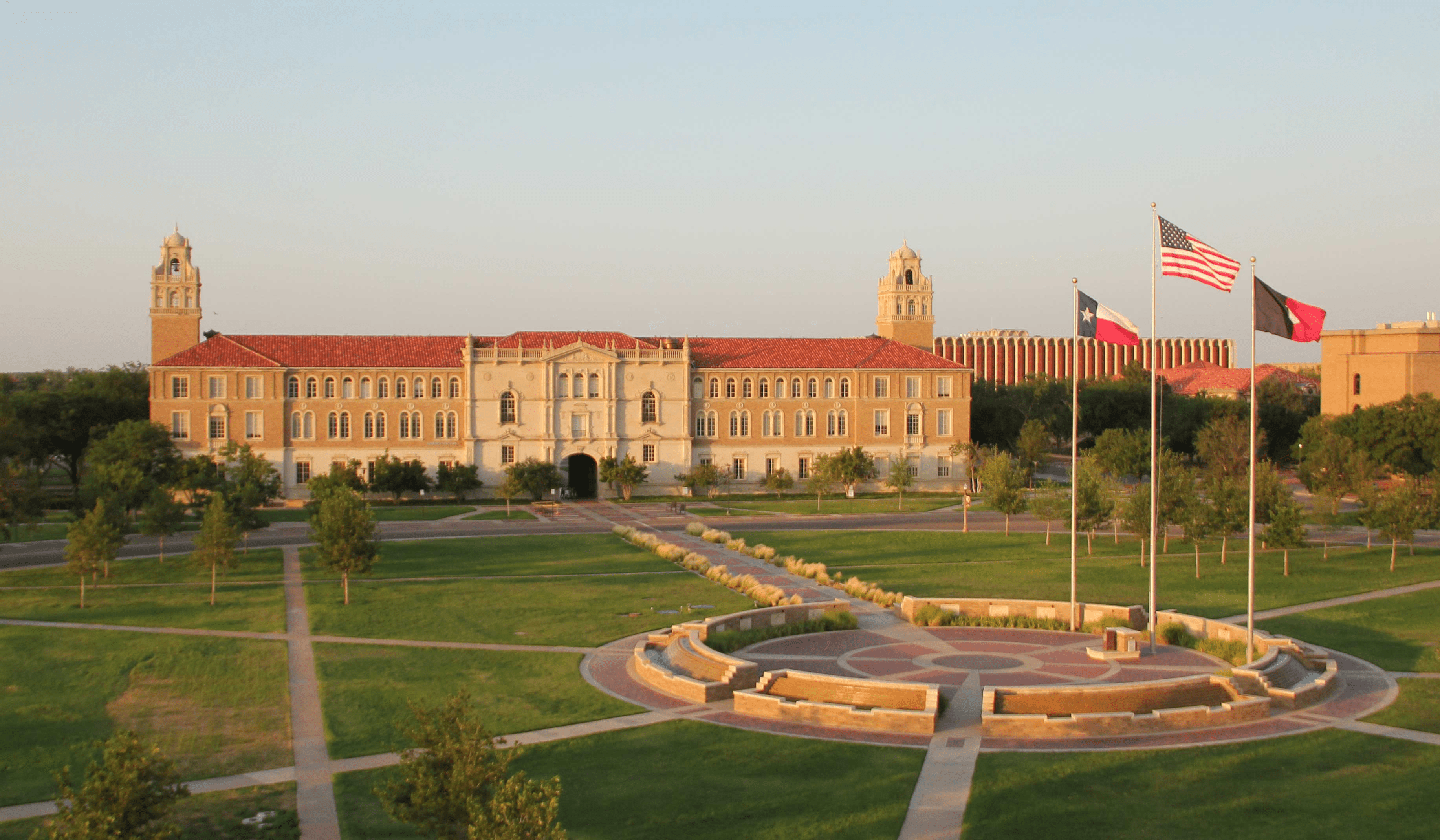Much has been made by the Texas House speaker and others about the alleged need for “new revenues” in state government. So some big-spenders just happen to have a ready-made solution, a magic money-making elixir: expanded gambling. And some conservatives are foolishly lapping it up.
Let’s be clear: Texans are not under-taxed; our problem is that tax dollars are often poorly spent. The emphasis in 2013 must rest on fixing past budget gimmicks, weeding out inefficient and ineffective programs, and examining how services are provided.
Fiscal conservatives should be focused on restricting the growth of government, not looking for new ways to grab more cash to fund it.
Inconvenient History
Horse track owners and out-of-state casino interests looking to expand gambling are selling their product as a revenue enhancement tool. This is nothing new. You’ll remember a couple decades ago when Gov. Ann Richards and her friends promised that a Lottery would provide relief for public education. It was a scratch-off, get-rich-quick scheme. Twenty-years going, we know the Lottery hasn’t performed as advertised; it funds less than four days of public school operations.
Today, Texans are being sold on the expansion of gambling as a way to bring new revenues into state coffers. Don’t be fooled.
The gambling industry has a poor policy track record, judging by economic performance. Back in the mid-1980s, betting at a select number of Texas horse-tracks (including those owned by the family and friends of House Speaker Joe Straus) was brought in under the promise of new tax revenues.
Barely a session later they came back begging to be let off the hook from the taxes they had promised, claiming failure to do so would kill the horse-racing industry. Now we’re told the only way to save this “industry” is by letting them add slot-machines at the tracks. And as a bonus – they claim – the slots will bring big bucks into the state.
Other States
Their claims just never pan out.
Consider the experience of states that have expanded gambling under similar promises of new revenues. How have the economies and budgets performed in states like Michigan, Louisiana, and Illinois? Would you rather have Texas’ growing economy, or California’s shrinking one?
Each of those states, and others, have fallen for these money-for-nothing gambling schemes. We cannot let it happen here.
Big Losses
The manufactured hype from the gaming industry will always play in the background. The Legislature must ignore their noise and consider the impact on the state’s economy and budget.
For example, the Texas Public Policy Foundation noted in a 2005 research report that expanding gambling would, among other costs, result in job losses and lower wages.
Professor Earl Grinols of Baylor is one of the nation’s foremost experts on the impacts of gambling legislation (research summary from the Texas Public Policy Foundation). Grinols found that although gambling legislation might either create new revenue sources (casinos, etc.) or enrich existing ones (racetracks), government coffers are more rapidly depleted on the whole as a result of gambling expansion. Regulatory expenses, social service spending and law enforcement costs all skyrocket when gambling is expanded.
Specifically, Prof. Grinols has found that for every one dollar of new revenue from gambling sources three new dollars are either spent in law enforcement and social services, or else lost via a drop in productivity from existing revenue sources.
Lobby packets using gambling industry-funded research have claimed expanded gambling is a revenue enhancer for the state. It’s just not true.
Of the five US cities hardest hit by the recession, four are in states with expanded gambling – and two in the economically shattered state of Nevada, the gaming paradise. Not only does reliance on gambling dollars not help, it appears to make budget situations worse.
Cronyism At Its Worst
Despite occasional claims to the contrary, proposals for extending the footprint of gambling in Texas has nothing to do with the free market or individual liberty. Proposals to expand gambling in Texas amount to crony capitalism at its worst; proponents would have the Legislature create a closed oligopoly with constitutional and regulatory barriers to competition. (Good for Mr. Straus’ family and friends, bad for everyone else.)
Judging by the experience of every other state, the crony gambling expansion being quietly considered in Texas will lead to bigger, more costly government, and, in turn, to higher taxes.
Texans aren’t looking for big-spenders or schemes to finance big government. The fiscally responsible course of action is to oppose the expansion of gambling, and focus the energies of the next legislative session on scrubbing the budget and reforming the structure of spending in the Lone Star State.
Want to help elect the good guys to the Texas Legislature?
|






